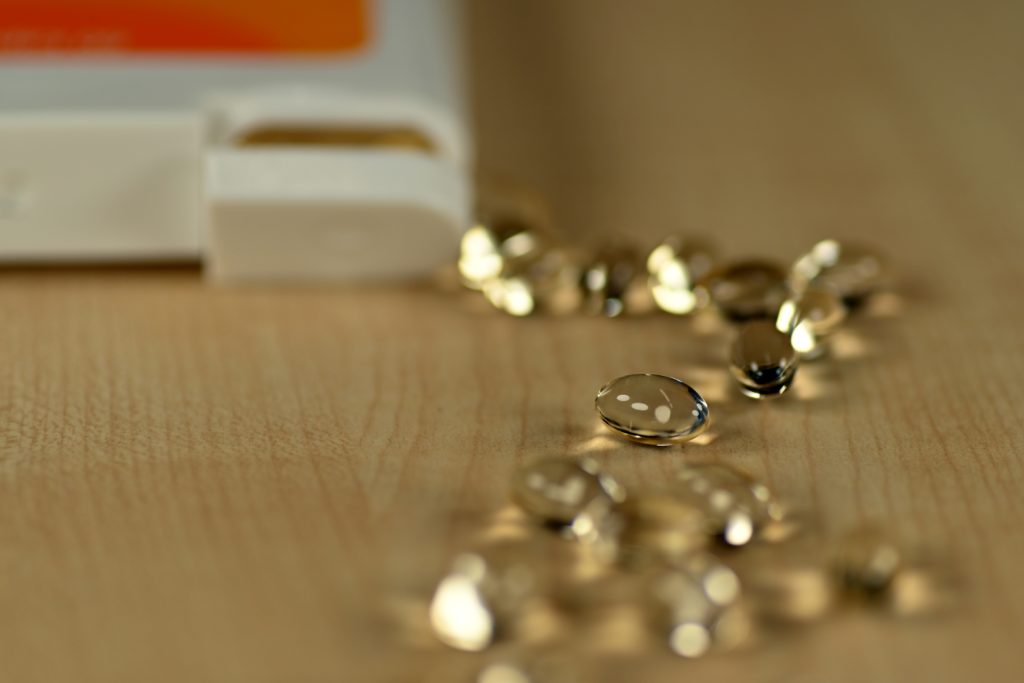Importance of treating fertility naturally
Natural fertility treatments address the underlying causes of infertility, enhance emotional well-being and support your long-term health, increasing your chances of conception and a healthy pregnancy.
Research consistently shows that so many aspects of our lives influence our fertility and better IVF outcomes, from our food choices, lifestyle choices and even our mental health.
What does this really mean? It means that these choices can impact egg quality, menstrual cycles, hormone levels, blood sugar levels, sperm quality, sperm health and mental health. All of these can impact the ability to fall pregnant or father a child. Not only can they impact fertility but they also impact the future child’s health.
Natural Fertility treatment options available at Merge Health
Here at Merge, our functional and integrative medicine practitioners give you personalised guidance and support to help optimise your fertility naturally, addressing any underlying factors and promoting reproductive health. We do this through nutrition, supplements, stress management and lifestyle modifications such as regular exercise routines.
For more information about how we can treat your fertility naturally, book your Wellness Kickstarter appointment.

‘Samantha was my rock through my IVF journey and I couldn’t have succeeded without her! Thank you so much!’
– Deanne
Can a naturopath help with fertility?
Yes! Naturopaths can play a valuable role in helping individuals and couples with fertility concerns. They use a combination of natural therapies, lifestyle modifications and personalised treatment plans to support reproductive health and optimise fertility.
What impacts fertility?
Smoking
Stop smoking — the heavy metals and chemicals found in cigarette and cigar smoke have been found to reduce fertility, cause miscarriages and lead to birth defects and brain development.
Alcohol
Even one drink a day can influence women’s hormone levels.
Diet
A lot of research points to processed food being a major contributor to poor health in every aspect, including fertility in both men and women.
Plastics
Plastics can be found in drink bottles, pots and pans, cosmetics and even drinking water.
Plastics have been shown to interfere with hormonal health, with far reaching fertility and foetal health effects. They are known as endocrine disrupting chemicals (EDC’S) as they mimic oestrogen in the body and can change the way your hormones work.
EDC have been found to:
- Reduce sex hormones
- Reduce mature oocytes and are linked with poor ovulations rates
- Be linked to poor IVF outcomes
- Be linked with Fibroid development
- Be linked with endometriosis
- Cause shorter cycles
- Reduce semen volume and total sperm count.
For more information about the effect of plastics on fertility, read our blog.
Toxic burden
Heavy metals can interfere with hormone production and regulation, disrupt ovarian function and impair sperm quality and motility. They’ve been linked to oxidative stress and inflammation, which can damage reproductive cells, leading to infertility.
Exposure to plastics containing endocrine-disrupting chemicals (EDCs) can disrupt hormonal balance, mimic oestrogen in the body and interfere with reproductive processes such as ovulation, sperm production and embryo implantation. See above for more information on how plastics affect fertility.
Nutrient insufficiencies
Research shows us that those with low folate, zinc, B vitamins and other nutrients have poorer egg quality than those with the optimum levels.
PCOS
Polycystic Ovary Syndrome (PCOS) can significantly impact fertility in women. Irregular menstrual cycles, anovulation (lack of ovulation) and hormonal imbalances associated with PCOS can make it challenging to conceive.
Endometriosis
Endometriosis, characterised by the growth of endometrial-like tissue outside the uterus, significantly impacts fertility. Inflammation, scarring and adhesions in the pelvic region hinder egg and sperm transportation, reducing the likelihood of contraception.
Sperm quality and quantity
Low sperm count and poor sperm motility can significantly impact a man’s ability to conceive. Various factors can contribute to impaired sperm quality and quantity, including lifestyle factors, environmental exposures, hormonal imbalances and genetic factors.
Health insights
- Vitamin D deficiency and fatigueWe are now learning that vitamin D is a very important substance in the body. Vitamin D is actually a misnomer as it is not actually a vitamin but a hormone.
- 8 keys to get into the mindset of getting better from sicknessMost of us who have suffered from a chronic illness soon realise it is a journey, which is usually filled with trial and error and lots of experimentation.
- What is a Fatigue Management Plan?A fatigue management plan should include a comprehensive lifestyle change. We all know we are what we eat, but we are also a product of other lifestyle aspects such as sleep, exercise, and stress.
Appointment type
Online
Phone
In person
Groups





